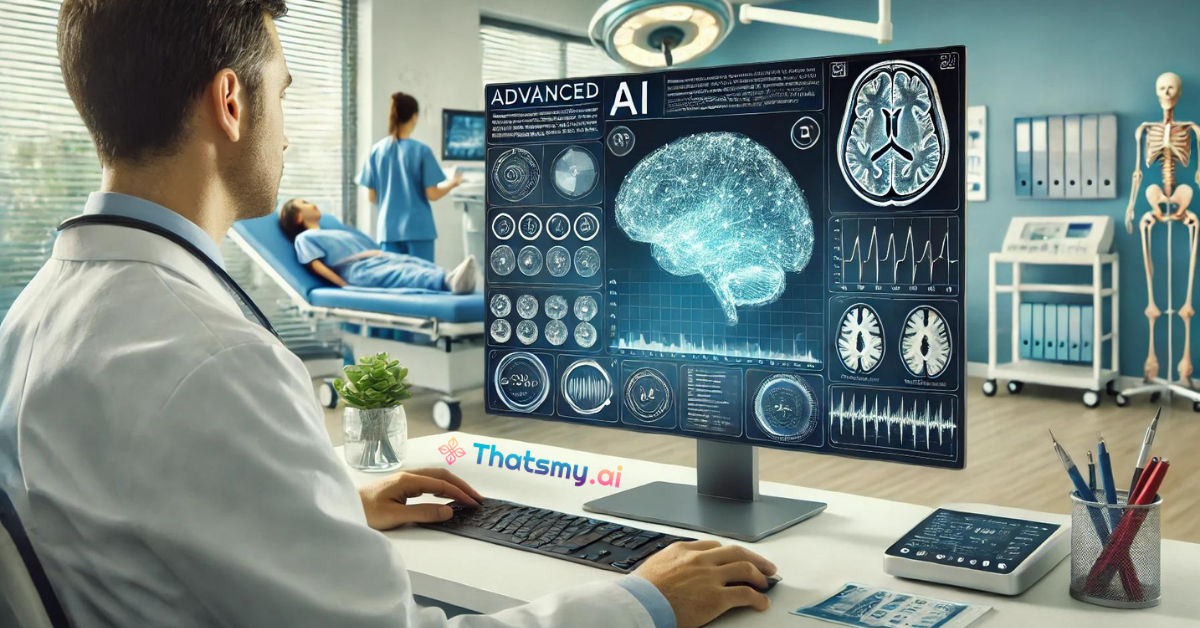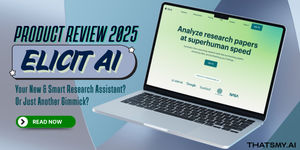This article explores the transformative role of AI in diagnosing dementia, highlighting the speed, accuracy, and cost-effectiveness of AI-driven diagnostics. It discusses the benefits of using AI software in healthcare and addresses the ethical considerations and challenges associated with its implementation. The article concludes by emphasizing the promising future of AI in improving patient outcomes.

Dementia diagnosis has always been a complex and time-consuming process. However, advancements in AI technology are paving the way for more efficient and accurate diagnoses. In this article, we explore how cutting-edge AI software is revolutionizing the healthcare industry, particularly in diagnosing dementia.
Dementia is a progressive neurological disorder that affects millions of people worldwide. Diagnosing it early is crucial for better management and care. Traditional methods involve extensive cognitive testing, brain imaging, and medical history evaluations, which can be both time-consuming and costly.
AI technology is now being integrated into the diagnostic process to assist doctors. The AI software, developed by researchers at Boston University, is designed to analyze vast amounts of data, including medical records, imaging, and cognitive test results. This software can identify patterns and biomarkers associated with dementia, providing doctors with a more accurate diagnosis in a fraction of the time it would take using traditional methods.
The integration of AI in dementia diagnosis offers several benefits:
Speed and Efficiency: AI can analyze data much faster than humans, leading to quicker diagnoses.
Accuracy: AI algorithms can detect subtle patterns that may be missed by human eyes, improving diagnostic accuracy.
Cost-Effective: Reducing the need for extensive testing and imaging can lower healthcare costs for both patients and providers.
While AI has the potential to revolutionize dementia diagnosis, it also raises ethical concerns. The reliance on AI for medical decisions can lead to issues of accountability and trust. Additionally, there is a need for rigorous testing and validation to ensure the AI software's reliability and safety.
As AI continues to evolve, its role in healthcare is expected to expand. The potential for AI to improve diagnostic accuracy and efficiency is immense, but it must be implemented with caution. Collaboration between AI developers, healthcare professionals, and ethicists is essential to ensure that this technology is used responsibly.
AI software is set to transform the way dementia is diagnosed, offering faster, more accurate, and cost-effective solutions. While challenges remain, the future of AI in healthcare looks promising, with the potential to significantly improve patient outcomes.
Sign up to gain AI-driven insights and tools that set you apart from the crowd. Become the leader you’re meant to be.
Start My AI Journey
ThatsMyAI
20 March 2025

ThatsMyAI
7 March 2025